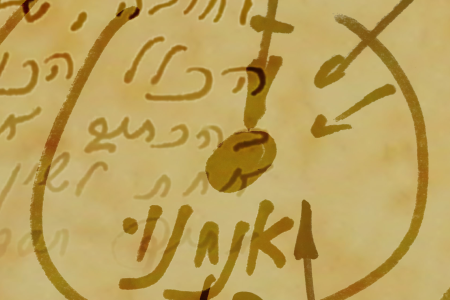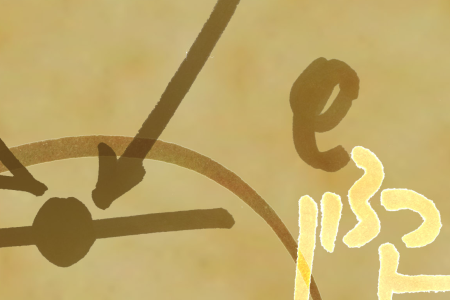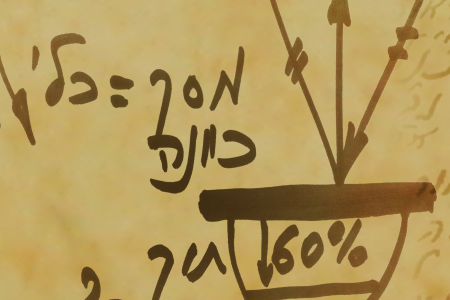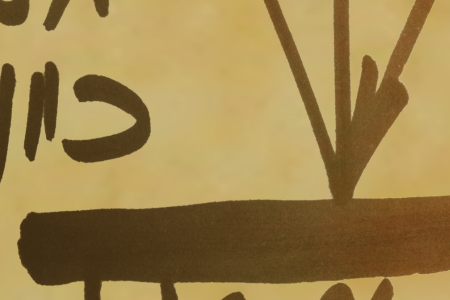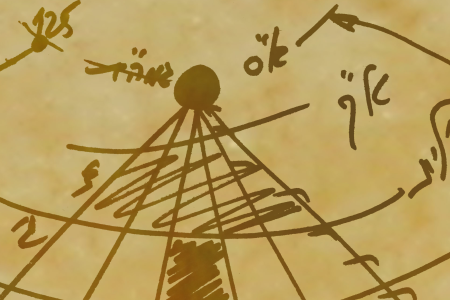
“And the Lord God planted a garden eastward, in Eden; and there He put the man whom He had formed.”
One-on-One with the Creator in the Garden of Eden
What is a “garden?” It is man’s qualities, which, utilized correctly, will provide him with the opportunity to reach the spiritual world. This “garden” was “planted” for the sole purpose of leading us to life’s goal. The garden is “planted” within us by the Creator, which means that we cannot attribute any of our qualities to ourselves.
Try to imagine that the people around you, the entire universe, are all your qualities projected into your consciousness. It only appears to us that something exists on the outside. In fact, as we correct ourselves, we begin to perceive that all of these are our own qualities, which exist within us. People, animals, plants, planets, the entire world, and the entire universe—everything exists within us.
The moment we attain this, we are left one-on-one with the Creator, and we understand that nothing exists but we and the Creator.
In Between the Trees of the Garden
“And out of the ground made the Lord God to grow every tree that is pleasant to the sight and good for food; the tree of life also in the midst of the garden, and the tree of the knowledge of good and evil.”
So what is the meaning of, “the tree of life also in the midst of the garden, and the tree of the knowledge of good and evil”?
The “tree of life” is the higher part of your soul, the quality of bestowal that draws you. It is that innermost quality that’s close to the Creator, which is why it is written to be “in the midst of the garden,” at the center of all your qualities.
The “tree of knowledge of good and evil” is the lower part of your soul, the quality of reception, your egoistic component.
Here is where the issue of good and evil comes into play. It depends on how you utilize your ego, and this is called the “intention.”
Nourished by the River of Bestowal
“And a river went out of Eden to water the garden.”
What is this river that flows out of Eden to water the garden?
The “river” is the Upper Light, nourishing your quality of bestowal from within, imparting confidence that you can exist without desiring anything for yourself.
How can you claim that you don’t want anything for yourself? You can if you have the opportunity to possess everything.
It is the sensation of security and serenity that is provided by the river (Upper Light) that waters everything.
Avoiding Death by Not Eating from the Tree
“And the Lord God commanded the man, saying: ‘Of every tree of the garden you may freely eat; but of the tree of the knowledge of good and evil, you shall not eat of it; for in the day that you eat thereof you shall surely die.’”
You currently exist in an exalted state, for you have finally attained the “human” in you.
All your desires at this stage are in euphoria from attaining the spiritual world. You feel good in this Light, and you wish to continue living and breathing only in this way.
At this moment, it is as if you forget that inside you lurks the ego, that you’re surrounded by egoistic, worldly desires for money, fame, power and knowledge.
Presently, you exist in this “garden” with your qualities of bestowal. Therefore, “Of every tree of the garden you may freely eat.”
However, if you use your egoistic qualities, “…but of the tree of the knowledge of good and evil, you shall not eat,” the Light will instantly vanish and you will find yourself disconnected from the Creator, the universal Law of Life, from bestowal.
Connecting to the Creator is life; disconnecting from Him is death.
Erecting a Screen to Protect from Temptation
When a “human” is born inside you, you mustn’t rouse the full extent of your ego.
Because you still cannot correct it, you mustn’t use it.
That is, the “human in you” must not eat from the tree of knowledge of good and evil, as that would harm him.
It is as if you say to yourself, “No, I will not receive! I won’t be able to resist and instead will take for myself, and all will fall into my egoism. But I want to learn to bestow, like You. So what can I do? I have only one option: I won’t receive anything. I don’t want to take for myself. I want nothing! And so I’m erecting a screen on everything.”
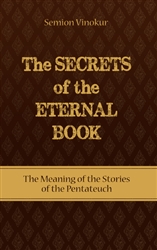 “What Is the Tree of Life, the Tree of Knowledge of Good and Evil and the Garden of Eden in the Bible?” is based on the book, The Secrets of the Eternal Book: The Meaning of the Stories of the Pentateuch by Semion Vinokur.
“What Is the Tree of Life, the Tree of Knowledge of Good and Evil and the Garden of Eden in the Bible?” is based on the book, The Secrets of the Eternal Book: The Meaning of the Stories of the Pentateuch by Semion Vinokur.

